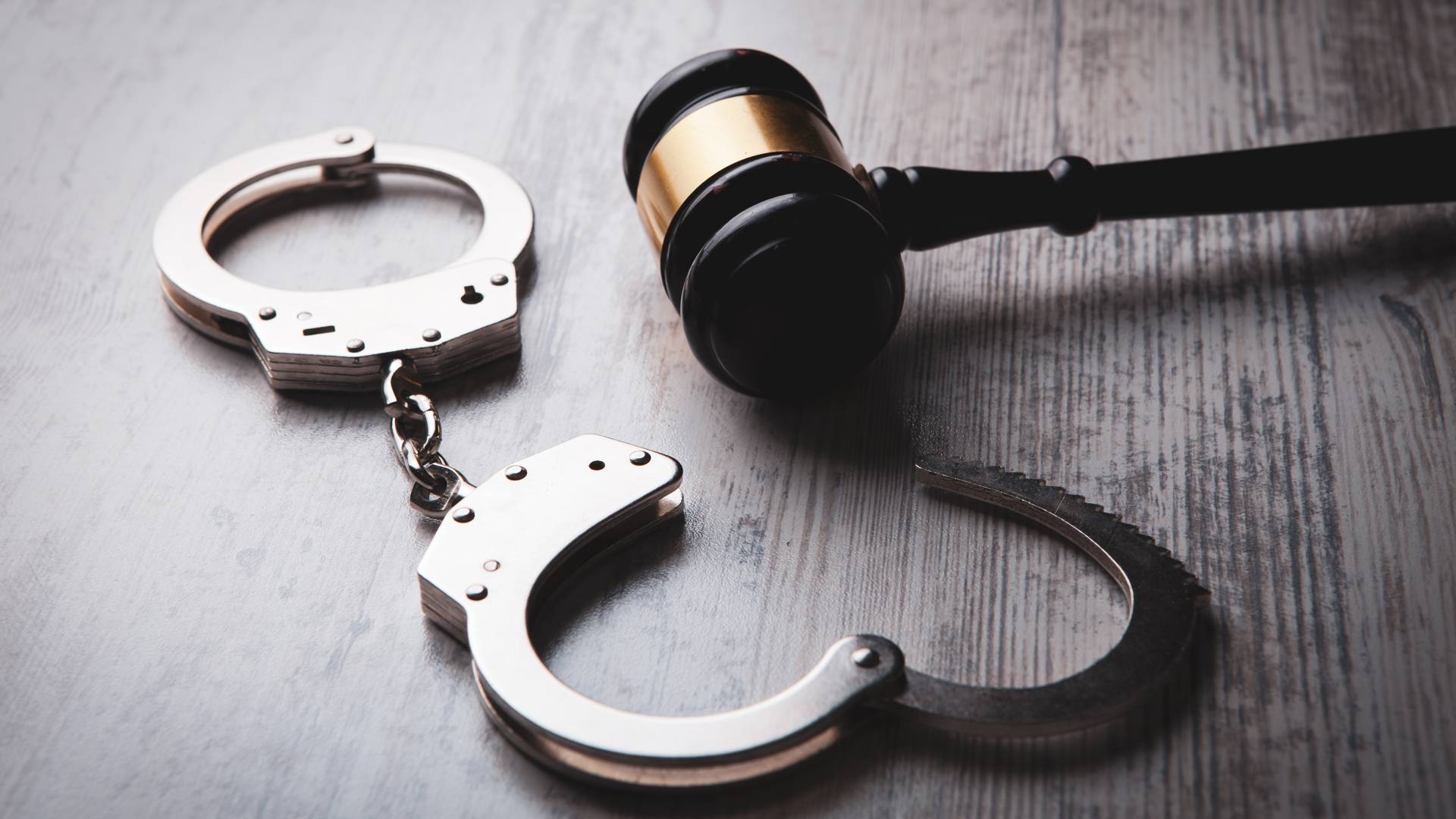Criteria for Trying Juveniles as Adults
Whether a juvenile should be tried as an adult hinges on several legal benchmarks that consider the gravity of the alleged offense, the age of the offender, and any previous encounters with the juvenile justice system. For instance, a heinous crime such as murder may prompt the court to consider adult charges regardless of the juvenile's age.
Conversely, less severe offenses might be handled within the juvenile system, focusing more on rehabilitation than punishment. The juvenile's past record is also scrutinized; repeat offenders are more likely to face adult charges, as the system may perceive them as resistant to the corrective measures typically employed for younger individuals.
Factors Influencing the Decision to Try as a Juvenile or an Adult
Severity of the Crime and Public Safety
The severity of the crime is a critical factor in the decision to charge a juvenile as an adult. Violent crimes, especially those that result in serious injury or death, are more likely to be escalated to adult court due to their impact on public safety. The rationale is that such offenses require a level of accountability that the juvenile system may not be equipped to provide.
The perceived threat to the community often sways public opinion and, by extension, the prosecutorial stance, leading to a push for adult charges that carry more substantial penalties and reflect the seriousness of the offense.
Juvenile's Age and Criminal History
Age is more than just a number in the context of juvenile justice. As juveniles approach the upper threshold of the system's age limit, the likelihood of being tried as an adult increases. This is particularly true for those with a history of delinquency; a pattern of criminal behavior suggests a need for more stringent intervention than what juvenile facilities may offer.
The juvenile's age at the time of previous offenses and the nature of those offenses are weighed carefully, as they provide insight into the individual's propensity for reform and the potential benefits of alternative sentencing within the juvenile justice system.
Role of Waiver Hearings in Juvenile Court
Waiver hearings are a pivotal juncture in the juvenile justice system, serving as the forum where it is decided whether a juvenile case should be transferred to adult court. During these hearings, the judge examines the facts of the case, the juvenile's age, the severity of the offense, and the juvenile's criminal background.
The prosecution and defense present arguments for and against the waiver, and the judge must balance the interests of the juvenile with those of public safety and the perceived capacity of the juvenile system to rehabilitate the offender. The outcome of these hearings can dramatically alter the course of a young person's life, making them a critical aspect of the juvenile justice process.
Long-Term Implications for Young Offenders
The repercussions of being charged as an adult extend far beyond the immediate sentence. A juvenile tried as an adult will have an adult criminal record, which can hinder educational opportunities, employment prospects, and the ability to secure housing.
The stigma of an adult conviction can follow a young person for life, affecting their social relationships and standing within the community. Rehabilitation opportunities, such as counseling and job training, are also less accessible, making it more challenging for these individuals to reintegrate into society and increasing the likelihood of recidivism.
Contact Our Attorneys at Sanford Horowitz Criminal Defense
If you or a loved one is facing the possibility of adult charges for a juvenile offense in Santa Barbara, CA, it's essential to seek expert legal guidance. At Sanford Horowitz Criminal Defense, we understand the complexities of the juvenile justice system and are committed to protecting the rights and futures of young individuals.
Our experienced attorneys can provide the strong representation needed during waiver hearings and legal processes. Contact us at (805) 749-5670 to discuss your case and explore the best path forward.

